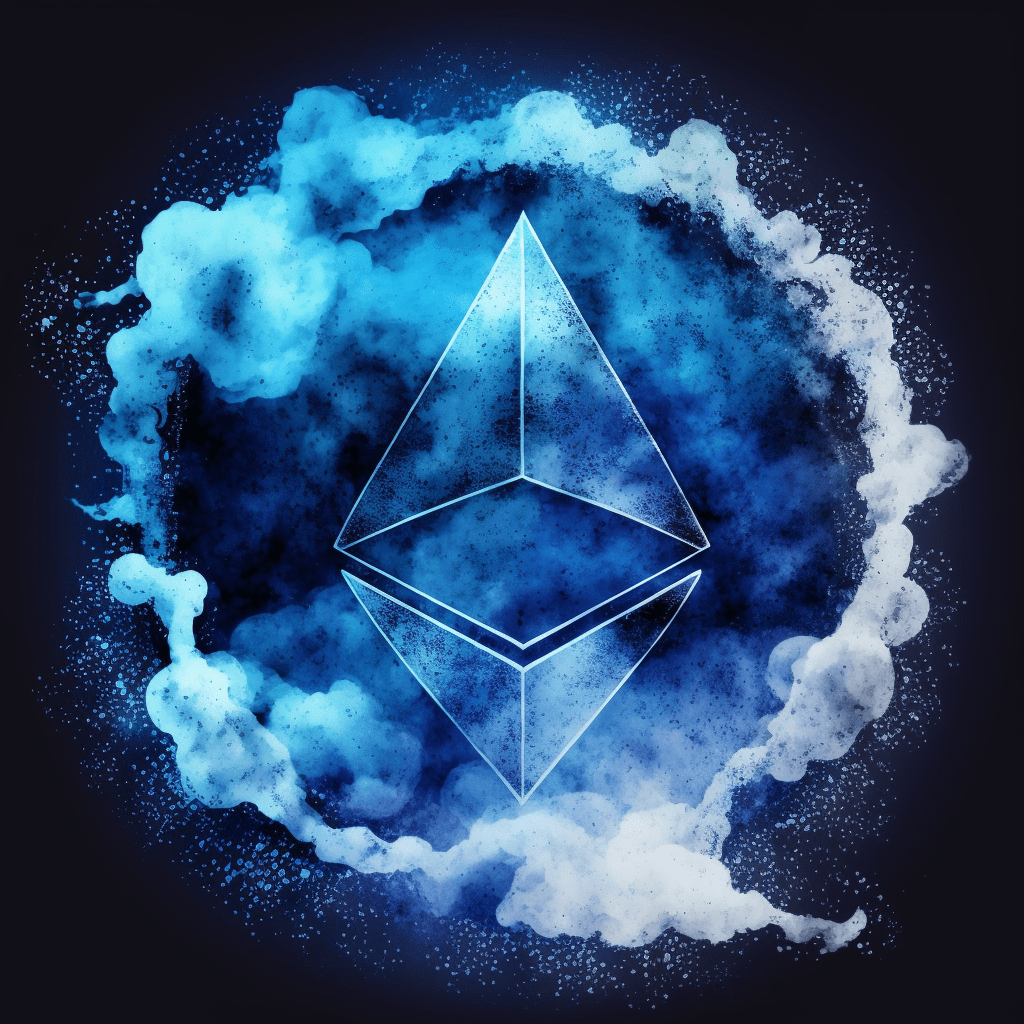The rise of blockchain technology has brought forth a plethora of innovative applications, one of the most intriguing being the world of Non-Fungible Tokens (NFTs). NFTs have taken the digital world by storm, transforming the concept of digital ownership and creation. Central to the creation and exchange of these unique digital assets are smart contracts on the Ethereum blockchain, particularly the ERC721a contract.

Understanding ERC721a Contract
Before delving into the benefits of using the ERC721a contract for NFT creation, it’s essential to understand what this contract is. The ERC721a contract is an upgraded version of the ERC721 standard, a core contract for creating and managing NFTs on the Ethereum blockchain. NFTs, being non-fungible, represent unique digital assets – each token distinct from the other.
The ERC721a contract is an enhanced version of the original ERC721, featuring improvements and added functionalities designed to make the creation, exchange, and interaction with NFTs more efficient and dynamic.
Enhanced Efficiency and Reduced Gas Fees
A significant advantage of using the ERC721a contract for NFT creation is its enhanced efficiency. One of the primary ways this improved efficiency manifests is through a significant reduction in gas fees.
Gas fees are the costs associated with executing operations on the Ethereum blockchain. When creating or transacting with NFTs using the original ERC721 standard, these fees can accumulate and become quite substantial, particularly when the Ethereum network is congested. The ERC721a contract optimizes how data is stored and manipulated, resulting in reduced gas fees and more cost-effective NFT creation.
Batch Transactions Capability
The ability to execute batch transactions is another beneficial feature of the ERC721a contract. This means that multiple operations can be bundled and processed together in one transaction, rather than individually executing each transaction. This batch processing capability is not only more efficient but also contributes to lower gas costs.
Batch transactions can be especially advantageous for artists or creators who wish to mint multiple NFTs simultaneously. The ERC721a contract’s batch transaction feature enables a more streamlined and efficient creation process, contributing to an overall better user experience.
Flexible and Dynamic Metadata
Metadata is integral to NFTs as it provides unique details about the token, such as its name, description, and other identifiers. The ERC721a contract offers enhanced metadata flexibility compared to its predecessor, ERC721.
This upgrade allows for more dynamic and mutable metadata, which is beneficial for NFTs that might need updates to their information over time. Whether it’s changing the description of the NFT or adding more attributes, this flexibility ensures that the token’s metadata can evolve along with its context, enhancing its value and relevancy.
ERC721a’s Role in Web3

In the larger context of Web3, the decentralized internet powered by blockchain technology, the benefits of using ERC721a for NFT creation become even more pronounced. With Web3, the internet’s control is envisaged to shift from centralized entities to a network of users, providing a transparent and user-empowered digital environment.
NFTs, being a major driver of the Web3 revolution, greatly benefit from the enhanced functionalities of the ERC721a contract. By making the creation and interaction with NFTs more efficient and user-friendly, the ERC721a contract aligns with the ethos of Web3, promoting user empowerment and transparency.
Improved User Experience in NFT Creation
One of the most compelling benefits of using the ERC721a contract is the improved user experience it provides in NFT creation. The contract’s advanced features make it more accessible and efficient for users to create and interact with NFTs.
For instance, artists looking to tokenize their work into NFTs can utilize the ERC721a contract to make this process more cost-effective and efficient. This includes reducing the high gas fees associated with minting NFTs and enabling the minting of multiple tokens simultaneously through batch transactions.
Implications for NFT Marketplaces
NFT marketplaces are platforms where NFTs can be bought, sold, and traded. With the surge in popularity of NFTs, these marketplaces play a crucial role in connecting creators with collectors. The ERC721a contract, with its enhanced features, has notable implications for these platforms.
Marketplaces that support the ERC721a contract can offer a more efficient and user-friendly experience to their users. This includes lower transaction costs, quicker transaction processing times due to batch capabilities, and dynamic metadata that can better represent the NFTs. These benefits can attract more users to the platform, stimulating more trade and interaction within the marketplace.
Increased Accessibility and Inclusion
The benefits of the ERC721a contract aren’t just technical but also have socio-economic implications. By reducing the costs associated with NFT creation and transactions, the ERC721a contract can potentially make the NFT space more accessible to a wider audience.
This increased accessibility can lead to greater inclusion, allowing more artists and creators, including those from underrepresented communities or geographies, to participate in the NFT economy. Thus, the ERC721a contract can play a pivotal role in democratizing digital creativity and ownership.
Final Remarks

The ERC721a contract presents a myriad of benefits for NFT creation, from enhanced efficiency and reduced costs to improved user experience and increased accessibility. Its advanced features provide a robust and dynamic framework for creating, managing, and interacting with NFTs in the evolving landscapes of Web3 and the digital economy.
Leveraging the benefits of ERC721a for NFT creation empowers artists, developers, and collectors in the booming world of digital assets, revolutionizing digital creativity and ownership.
